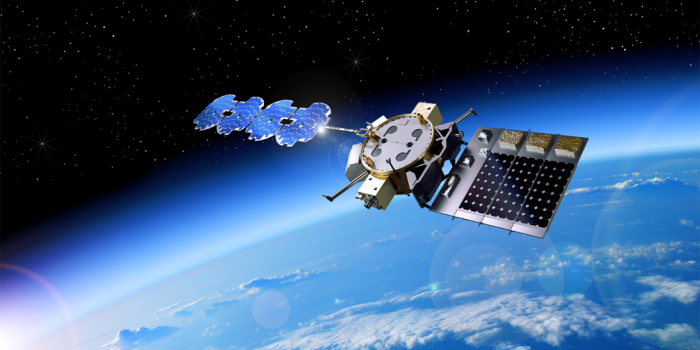In a groundbreaking development, research conducted by the Universities of Surrey and Swansea has demonstrated the feasibility of producing cost-effective and lightweight solar panels capable of generating energy in space.
The research team, spearheaded by Professor Craig Underwood, Emeritus Professor of Spacecraft Engineering at the Surrey Space Centre of the University of Surrey, achieved a significant milestone in space technology. Their satellite, monitored through more than 30,000 orbits, demonstrated remarkable resilience in generating power and withstanding the challenges posed by solar radiation. Professor Underwood expressed his satisfaction with the mission, initially designed for one year but continued to function effectively for six years.
The collected data provided valuable insights, revealing that the solar panels have effectively resisted radiation and maintained their structural integrity despite the space environment’s demanding thermal and vacuum conditions.

The research project has leveraged the work of scientists from the University of Swansea’s Centre for Solar Energy Research, who developed innovative solar cells using cadmium telluride. These new solar panels boast a larger surface area, reduced weight, and substantially increased power output compared to current technology. Furthermore, their relatively low manufacturing cost adds to their appeal as a game-changing energy solution for space.
In addition to the solar cell technology, scientists at the University of Surrey were instrumental in designing and building the instruments used to measure the performance of the solar panels in orbit. The satellite was a product of a collaboration between the Surrey Space Centre and a team of trained engineers from the Algerian Space Agency (ASAL).
While the research revealed a gradual decrease in the solar cells’ power output efficiency over time, the findings underscore the reliability and potential commercial viability of space-based solar power. Dr. Dan Lamb from the University of Swansea emphasized the positive implications of this study for the continued development of this technology, especially within the rapidly growing market of large-area solar arrays for space applications. He highlighted that successful demonstrations of this nature enhance the UK’s global reputation for space technology.

The study, showcasing the potential of space solar panels, has been published in the journal Acta Astronautica. This represents a remarkable milestone in the quest for clean and sustainable energy sources, with the sky no longer the limit for power generation.


